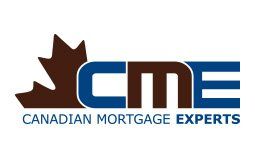Is Your Mortgage Up For Renewal In The Next 3-6 Months?
DLC Canadian Mortgage Experts • December 2, 2020

While this potential second wave of COVID-19 is causing uncertainty in the Canadian economy, understandably, many homeowners are on edge. And although it might feel right to sit tight and see how things pan out, if your mortgage is up for renewal in the next 3-6 months, now is actually the best time to have a conversation with an independent mortgage professional to discuss your mortgage options.
This is especially true if you’ve seen a reduction of income due to the pandemic, taken any government assistance, or if you’ve deferred (or missed) any of your mortgage payments. Any of the above might not impact your renewal, but the whole reason you plan ahead on things like this is to make sure you aren’t left without options by leaving it to the last minute. We haven’t seen the full impact COVID-19 has had on mortgage financing, don’t wait until the last minute to secure your renewal. Planning ahead is the smart move.
Did you know that many Canadians sign the renewal letter they receive in the mail from their current lender without a second thought? They assume that the lender is looking out for their best interest. The truth is, all lenders know this and rarely offer their best rate or terms at the onset of negotiations. And that is exactly what a mortgage renewal is, a negotiation.
Don’t be led to believe that a mortgage renewal is a simple transaction, that you should just take what your lender offers you, look at all your options. Now, this doesn’t mean just looking at all the terms offered by one lender; it means looking at products from multiple lenders. You do this by working with an independent mortgage professional.
When you work with an independent mortgage professional, you receive the expertise of a trained banking professional who is working for you and not the bank; at no cost to you!
As we move into an uncertain economic future, you might want to look at mortgage terms and options that might be different from what you’ve gone with in the past. Just because you took a 5-year term previously doesn’t mean you have to go with another 5-year term. You have lots of options.
Interest rates are at an all-time low, making it a perfect time to ensure you’re getting the best deal on a mortgage. We’d love to help you with that. Contact any of our Canadian Mortgage Experts anytime! ! At the very least, by having a quick conversation, we can assess your financial situation and see if the renewal letter you received is a good deal.
RECENT POSTS

Did you know there’s a program that allows you to use your RRSP to help come up with your downpayment to buy a home? It’s called the Home Buyer’s Plan (or HBP for short), and it’s made possible by the government of Canada. While the program is pretty straightforward, there are a few things you need to know. Your first home (with some exceptions) To qualify, you need to be buying your first home. However, when you look into the fine print, you find that technically, you must not have owned a home in the last four years or have lived in a house that your spouse owned in the previous four years. Another exception is for those with a disability or those helping someone with a disability. In this case, you can withdraw from an RRSP for a home purchase at any time. You have to pay back the RRSP You have 15 years to pay back the RRSP, and you start the second year after the withdrawal. While you won’t pay any tax on this particular withdrawal, it does come with some conditions. You’ll have to pay back the total amount you withdrew over 15 years. The CRA will send you an HBP Statement of Account every year to advise how much you owe the RRSP that year. Your repayments will not count as contributions as you’ve already received the tax break from those funds. Access to funds The funds you withdraw from the RRSP must have been there for at least 90 days. You can still technically withdraw the money from your RRSP and use it for your down-payment, but it won’t be tax-deductible and won’t be part of the HBP. You can access up to $35,000 individually or $70,00 per couple through the HBP. Please connect anytime if you’d like to know more about the HBP and how it could work for you as you plan your downpayment. It would be a pleasure to work with you.

If you’re new to the home buying process, it’s easy to get confused by some of the terms used. The purpose of this article is to clear up any confusion between the deposit and downpayment. What is a deposit? The deposit is the money included with a purchase contract as a sign of good faith when you offer to purchase a property. It’s the “consideration” that helps make up the contract and binds you to the agreement. Typically, you include a certified cheque or a bank draft that your real estate brokerage holds while negotiations are finalized when you offer to purchase a property. If your offer is accepted, your deposit is held in your Realtor’s trust account. If your offer is accepted and you commit to buying the property, your deposit is transferred to the lawyer’s trust account and included in your downpayment. If you aren’t able to reach an agreement, the deposit is refunded to you. However, if you commit to buying the property and don’t complete the transaction, your deposit could be forfeit to the seller. Your deposit goes ahead of the downpayment but makes up part of the downpayment. The amount you put forward as a deposit when negotiating the terms of a purchase contract is arbitrary, meaning there is no predefined or standard amount. Instead, it’s best to discuss this with your real estate professional as your deposit can be a negotiating factor in and of itself. A larger deposit may give you a better chance of having your offer accepted in a competitive situation. It also puts you on the hook for more if something changes down the line and you cannot complete the purchase. What is a downpayment? Your downpayment refers to the initial payment you make when buying a property through mortgage financing. In Canada, the minimum downpayment amount is 5%, as lenders can only lend up to 95% of the property’s value. Securing mortgage financing with anything less than 20% down is only made possible through mortgage default insurance. You can source your downpayment from your resources, the sale of a property, an RRSP, a gift from a family member, or borrowed funds. Example scenario Let’s say that you are looking to purchase a property worth $400k. You’re planning on making a downpayment of 10% or $40k. When you make the initial offer to buy the property, you put forward $10k as a deposit your real estate brokerage holds in their trust account. If everything checks out with the home inspection and you’re satisfied with financing, you can remove all conditions. Your $10k deposit is transferred to the lawyer’s trust account, where will add the remaining $30k for the downpayment. With your $40k downpayment made, once you sign the mortgage documents and cover the legal and closing costs, the lender will forward the remaining 90% in the form of a mortgage registered to your title, and you have officially purchased the property! If you have any questions about the difference between the deposit and the downpayment or any other mortgage terms, please connect anytime. It would be a pleasure to work with you.

